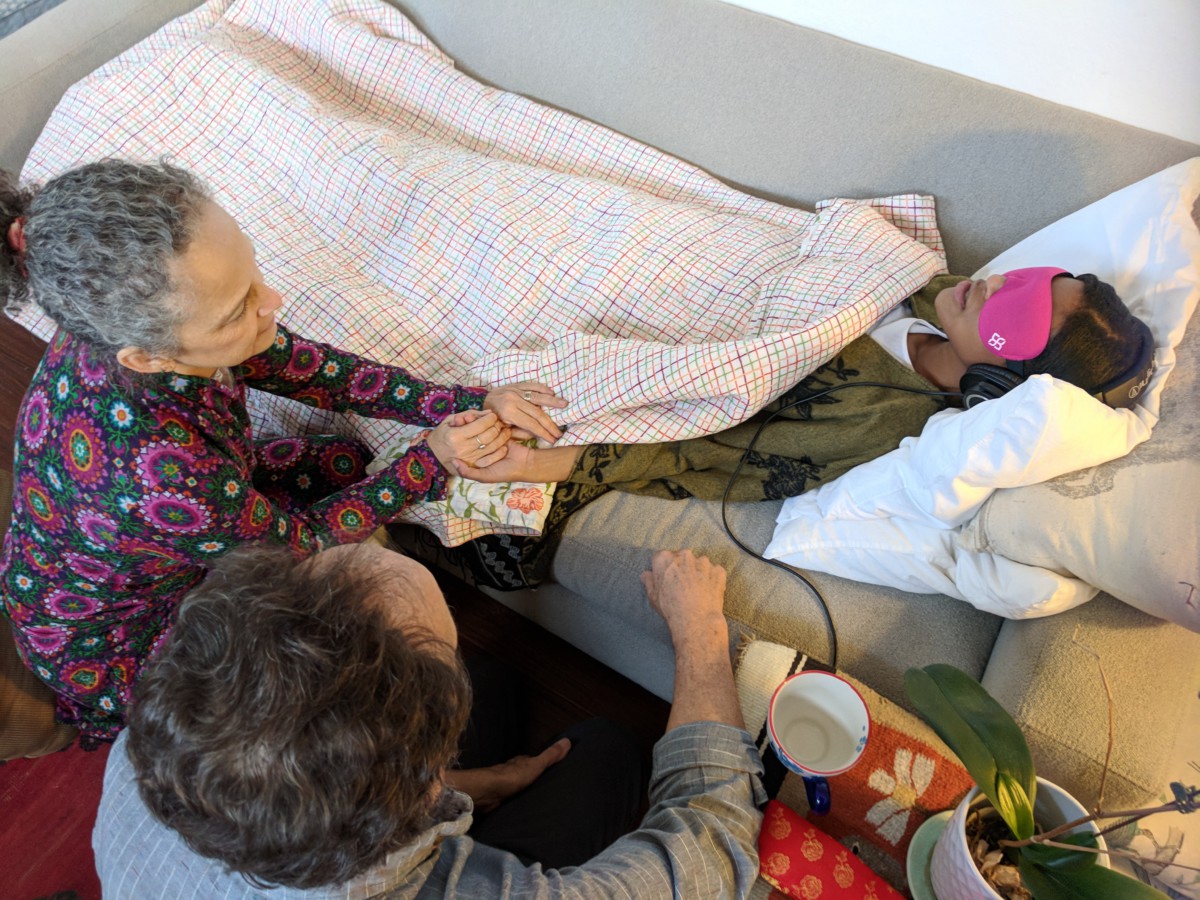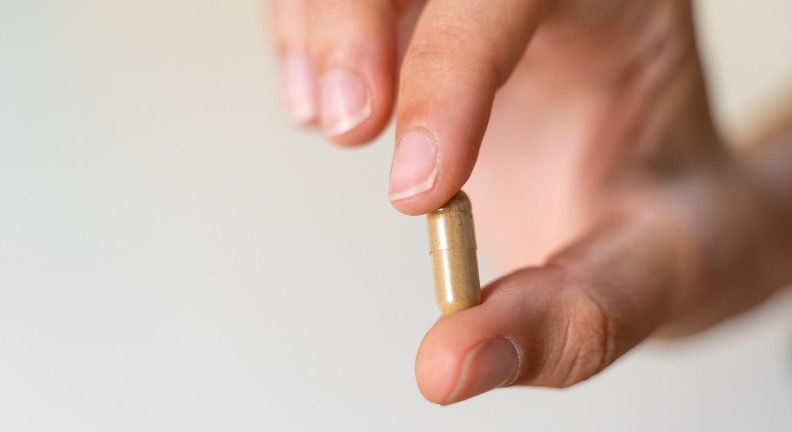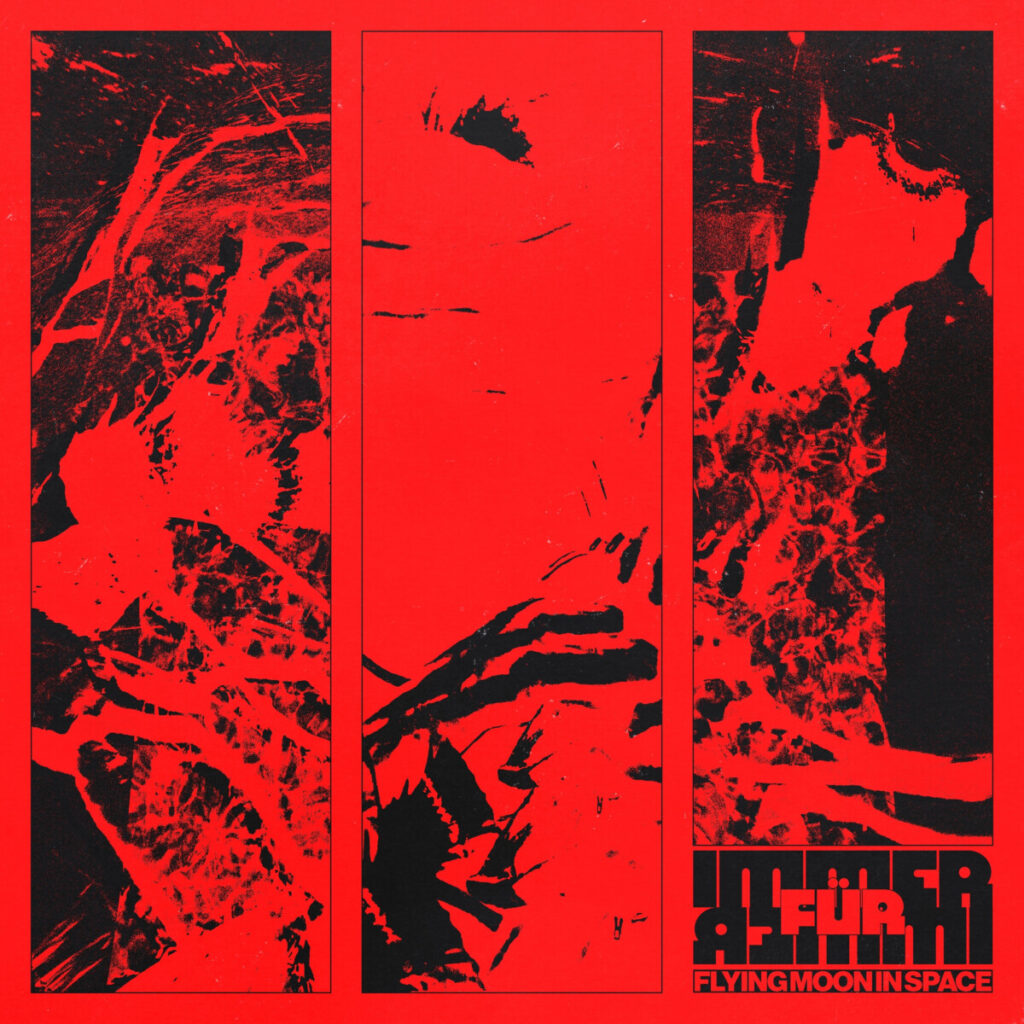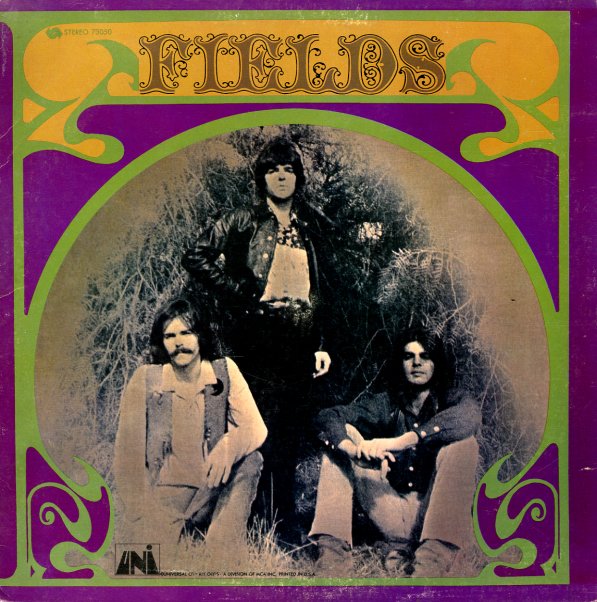What is Psychedelic-Assisted Therapy for PTSD?
What is Psychedelic-Assisted Therapy for PTSD?
Healing Childhood Trauma with MDMA
At a very basic level, psychedelic-assisted psychotherapy made me an archeologist in my own mind. It allowed me to find deeply buried childhood trauma memories and bring them to the present. In the present, with the help of the prescribed psychedelic MDMA, I looked at those memories with my adult eyes, and they stopped controlling my life with fear.
Why I Needed Psychedelic-Assisted Psychotherapy
I was diagnosed with PTSD in my late forties. I had lost my long-term partner, and after the initial stabbing pain of that loss started to ease, my nervous system took over, and I spiraled into a months-long sense of extreme panic. I was absolutely sure that my life, as I knew it, was going to be destroyed as I knew that the universe was out to get me. That knowledge was a deep heaviness in my bones, and no logical spreadsheet of my accomplishments, financial security, or deep friendships could penetrate what I knew. No matter what, I openly said to my therapist the universe would smack me down.
My therapist, who had helped me with my grief work, noticed that my panic and general fear of existing weren’t lessening after months of talk therapy. We started talking about my childhood memories, including my narcissistic father’s physical abuse, my clinically depressed mother’s suicide attempts, and being thrown out of both parents’ homes before the age of 16. My therapist diagnosed me with PTSD from childhood trauma as my adult panic was the signal that my body thought I was still stuck in the chaos of my childhood.
©designer491 from Getty Images via Canva.com
I wasn’t thrilled with my diagnosis, but I greatly appreciated that she offered me the healing option of psychedelic-assisted psychotherapy and pointed me to the research about MDMA’s success with PTSD patients at MAPS. All I knew was that I was exhausted and getting closer to admitting the universe had won. It had smacked me down. I was contemplating leaving my existence defeated.
When I agreed to the therapy, I was surprised to learn that it would not be nearly as spicy as one would think when psychedelics are involved. She described the process with some percentages to give me the big picture. Talk therapy before the therapeutic journey would be about 40% of the work. The actual journey day (which can last 5-8 hours with MDMA) would be 20% of the work, and I would have her and another guide there to work with me. The integration after the therapeutic journey would be the last 40%.
Since I am the chatty type, I was cool with the percentages. I also understood her point that PTSD patients need time to unravel their trauma and reframe their deeply held beliefs. She made it very clear that I would be supported before and after as many therapeutic journeys as I might need. Spoiler Alert – I needed three therapeutic journey cycles over the course of a year to no longer qualify for a PTSD diagnosis.
©nzphotonz from Getty Images Signature via Canva.com
My First Journey
The day of my first therapeutic journey was after two intense, painful months of targeted talk therapy, where I set my mental healing intentions. Basically, I was tired of being afraid of the universe. My one-sentence intentions focused on trying to understand why I constantly felt fear like a cold, wet blanket making my shoulders tight. The setting for the journey was a lovely room with various sitting areas and a bed piled high with soft blankets. It was the opposite of any hospital room I had ever visited.
After a centering discussion about my intentions, I took the MDMA capsules and then waited. I had been told I wouldn’t experience any of the stereotypical psychedelic visuals from MDMA, and I certainly wouldn’t feel like my brain was getting fried despite the dire drug commercials from my youth.
Instead, for the first time in my life, I heard my own inner voice. As simple as that sounds, for me, it was monumental.
For the very first time in my life, in my late forties, I heard my internal voice that had been silenced because I lost myself as a child trying to act and say anything that would make the abuse and turmoil stop.
I told my therapist and guide that I was getting to chat with a snarky, smart woman, and they smiled to themselves.
For the rest of the five-hour-long MDMA journey, I was either chatting or lying down quietly with my eye mask. Thanks to the recorded transcript of the day, I know I kept trying to explain to my therapist and guide that if my father could, he would do everything to ruin my life and hurt me. Rarely in my life had I ever so clearly expressed the intense fear I had of that one man, but the MDMA made it possible for me to share my fears without my body feeling the fear.
When the journey ended, I didn’t think much had been done. I didn’t remember much of the time I had spent in my enhanced state, and I immediately doubted that it had done any good.
Photo courtesy of MAPS
Integration
But I learned very quickly that the 40% integration portion of the therapy was vitally important to healing my trauma, even though I wasn’t exactly sure what integration meant. On the car ride home, I learned the MDMA had somehow highlighted certain childhood memories for me to look at from my adult perspective. When the memories would float from years of being ignored into focus, I could look at them objectively without my body responding in fear as it always had!
For instance, instead of my body tensing up and my stomach getting upset when I would remember my 6’ 2” father hunched over and punching me when I was little, my body stayed calm. I could see a grown man abusing a small child and understand that his abhorrent behavior was entirely his. I could see myself as a little girl in those memories and understand that there was nothing wrong with me; my father’s despicable behavior was his inadequacy and had nothing to do with a child. By having my body’s fear-based physical responses removed from the memories of when I was a little girl, I could view my memories far more objectively.
Seeing the abuse I suffered as a child, from my adult perspective, and realizing I didn’t deserve that treatment is the process of reframing memories.
The integration of my MDMA therapeutic journey enabled me to reframe my memories, almost one by one. Reframing those memories was my key to healing.
Memories would come to me as I walked my dog, Sadie, around my neighborhood because my mind tends to work with physical activity. I never knew what memories would surface, but I journaled about them because sometimes my insights were quick, and I didn’t want to forget them. Sometimes, I would have to review a memory a few times in my journal to reframe it, and once I reframed a memory, my mind offered up another one to reframe.
©troyanphotos via Canva.com
When I Knew I Needed Another Journey
When I felt the fear creep back into my every day and the memories stopped surfacing during Sadie’s walks, I knew it was time to set intentions for another therapeutic journey, put on my archaeological eye mask, and unearth more traumatic memories from so many years ago.
The uniqueness of psychedelic-assisted therapy was that it allowed me to heal my abusive past, which essentially gave me my future.
To further understand MDMA for PTSD therapy, check out Jill’s YouTube Channel, @TheJourneySage
Related: The Healing Beauty of Ecstasy (MDMA)
How Psychedelics Can Treat PTSD
Coming Full Circle: Healing Trauma Using Psychedelics book review
Gallery
Recent Articles
Vinyl Relics: Fields by Fields
•
February 10, 2026
A Tale of Crescendo ~ Epilogue
•
February 7, 2026

Loading...
Vinyl Relics: Would You Believe with Billy Nicholls
- Farmer John






